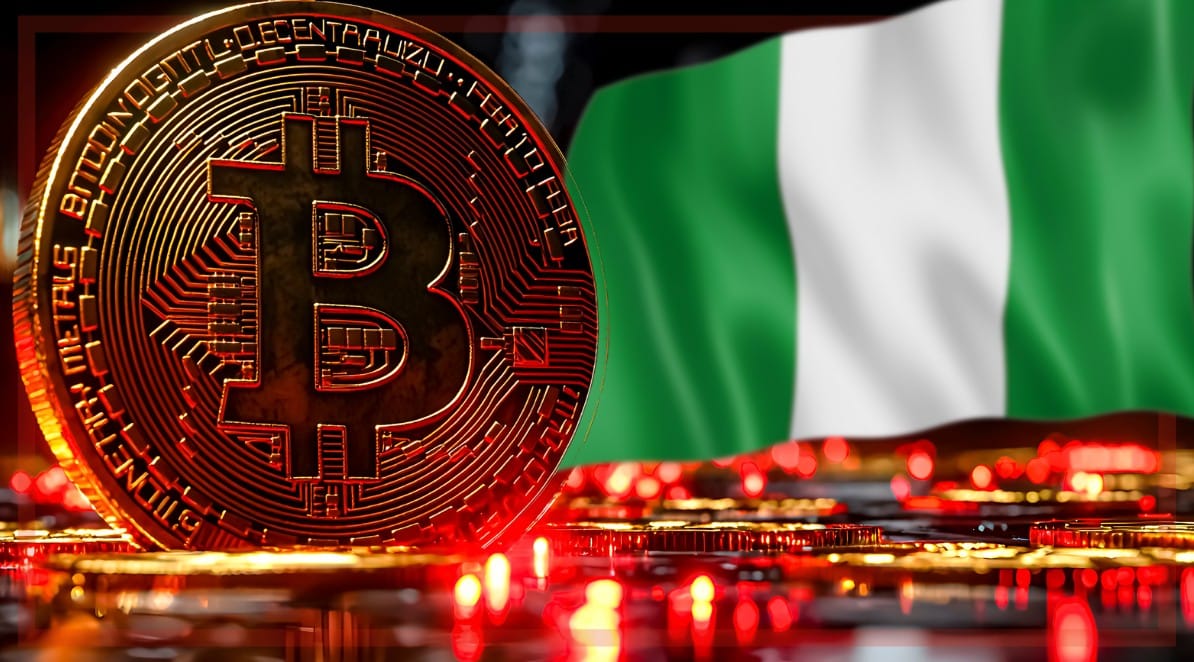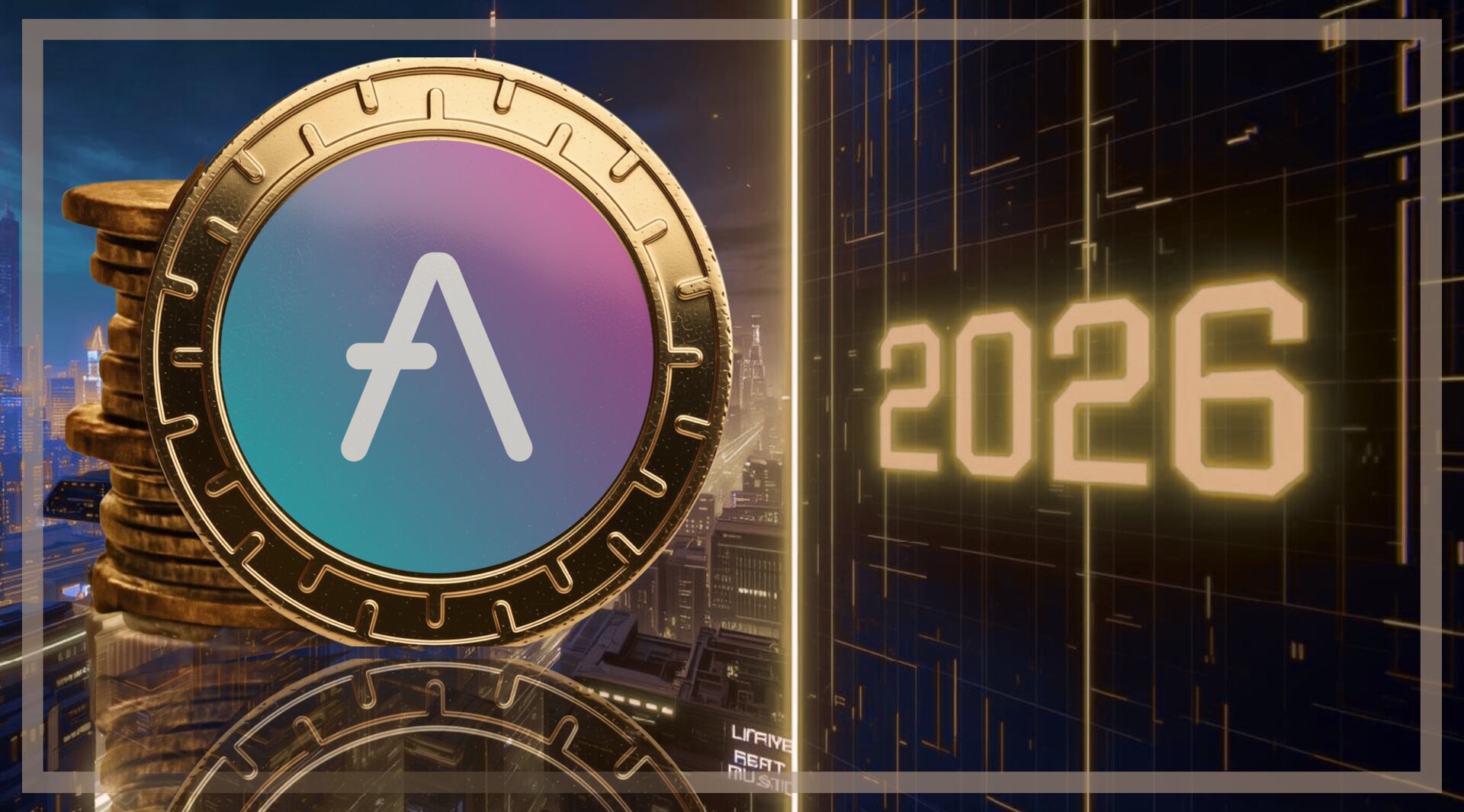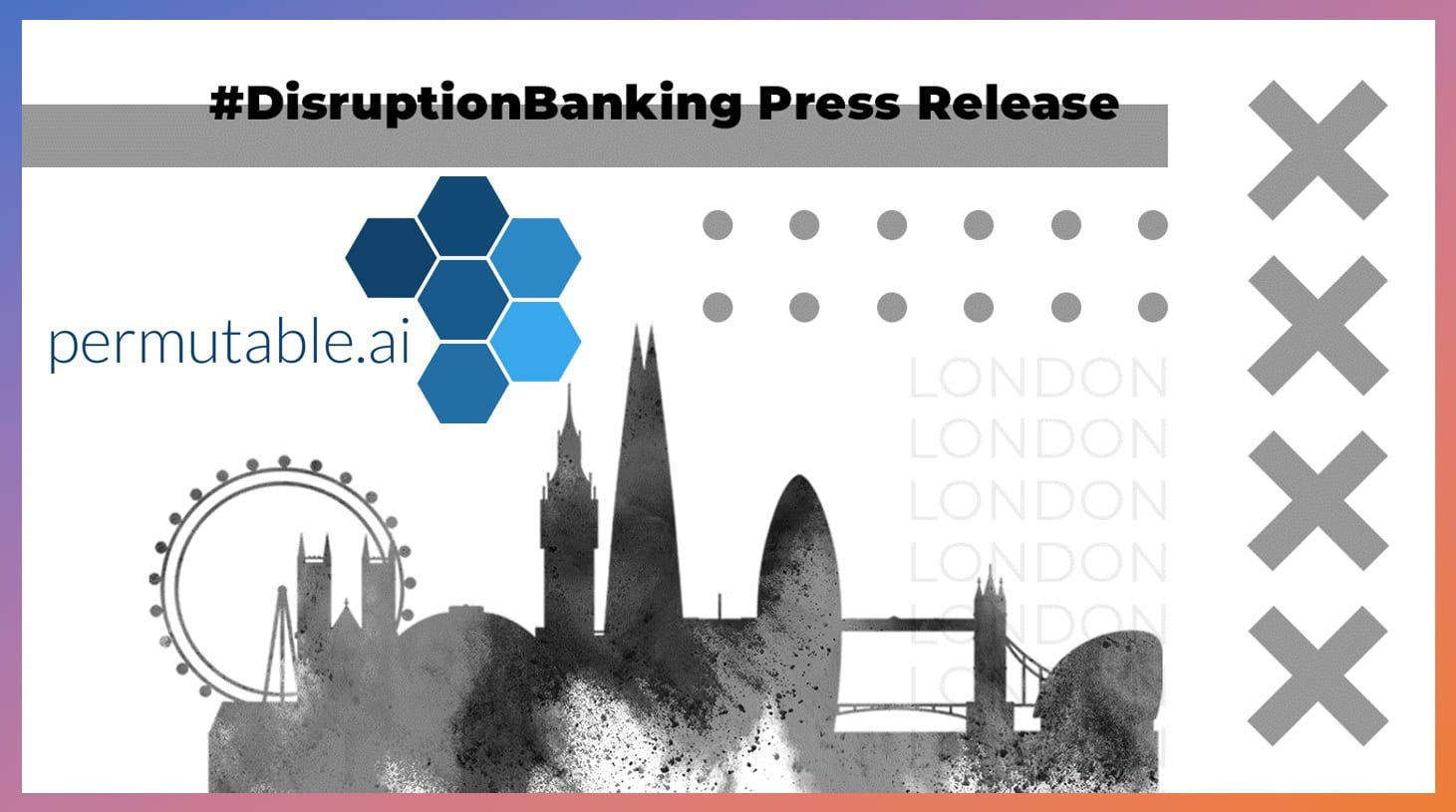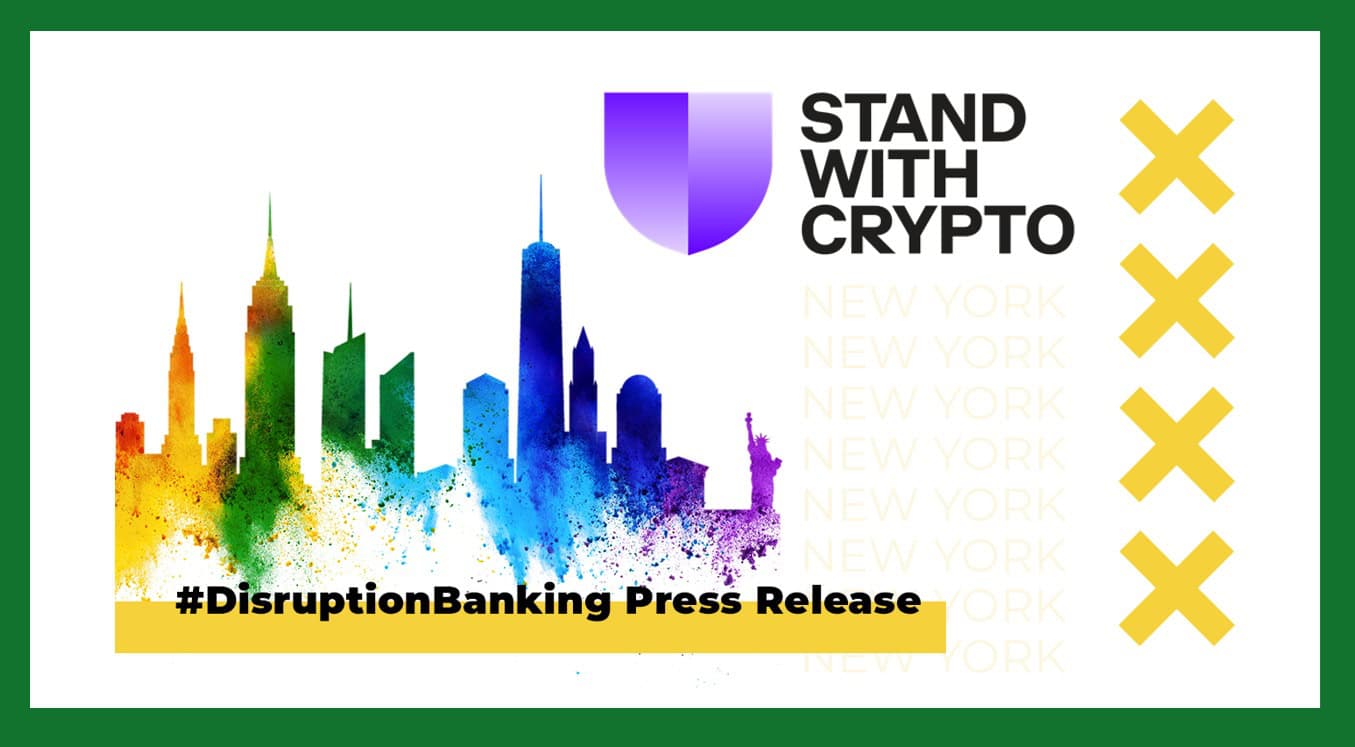The Rise in Popularity of Cryptocurrency in Nigeria
Nigeria has rapidly emerged as one of the world’s largest crypto markets. Chainalysis data from 2025 shows Nigeria far outpaces its African peers. The West African country received over $92.1 billion in on-chain crypto volume in a 12-month period, almost three times South Africa’s tally. That growth ranked Nigeria 6th in Chainalysis’s 2025 global index. Further available surveys confirm a wide range of crypto usage.
About 26.3 million Nigerians now use or have used crypto. Remarkably, Nigeria leads the world in peer-to-peer (P2P) crypto trading volume.
A Generation Under Pressure: Why Youth Choose Crypto Over Naira
Crypto use in Nigeria is driven largely by a young, digitally native population many of whom face economic pressures. Nigeria’s median age around 18 years, and youth unemployment exceeded 50 percent as recently as 2020.
One recent survey found 85 percent of Nigerian crypto investors earn under 250,000 naira per month, placing them in the low-or middle-income bracket. To put it simply, crypto adopters are mostly students, freelancers, and young professionals, not wealthy elites.
At the same time, Nigeria’s macro-economy remains unstable. Inflation ran above 22 percent in 2024, and the naira has lost over half its value against the dollar in recent years. These conditions motivate many Nigerians to treat cryptos as a savings hedge and alternative ways to preserve wealth beyond the naira.
Crypto also helps with payments. Remitting money abroad through banks is slow and can incur high fees, so Nigerians turn to crypto rails like mobile wallets and P2P apps for faster, cheaper, borderless transfers.
P2P Powerhouses: From Binance to NairaEx
Because formal banks were cut off from crypto, peer-to-peer trading dominates Nigeria’s crypto ecosystem. Platforms like Paxful and Binance’s P2P service are widely used to swap naira for crypto without an intermediary.
At the same time, several Nigerian exchanges have grown rapidly. Homegrown platforms such as NairaEx, Quidax, and Luno, all of which allow direct naira deposits, are among the most visited crypto sites in Nigeria.
These local exchanges, along with global ones like Binance, Bybit, OKX, KuCoin, etc, handle huge volumes. In fact, Nigerians moved over $50 billion in crypto between July 2022 and June 2023. Within this mix, bitcoin remains dominant — it accounted for roughly 89 percent of Nigerian crypto purchases on platforms like Binance — reflecting its role as a financial safe haven.
However, stablecoins are also widely used. In Nigeria, stablecoins, precisely USDT, make up a larger share of trading, about 7 percent, than in U.S. markets, effectively serving as digital dollars for users who lack access to foreign currency. USDT is not the only stablecoin in circulation, many others are in use as well
From Ban to Regulation: Nigeria’s Crypto U-Turn
Nigeria’s regulators have shifted from bans to structured oversight. In February 2021, the Central Bank of Nigeria (CBN) barred banks from servicing crypto exchanges. This move pushed crypto traders into using P2P channels. The government launched the eNaira later that year, but adoption was minimal. By late 2023, the CBN eased restrictions, allowing banks to serve licensed crypto firms under new rules.
Regulation soon followed. The Nigerian SEC issued digital-asset guidelines in 2022 and, in 2024, proposed delisting the naira from P2P platforms to protect the currency and ensure ongoing enforcement. The 2025 Investment and Securities Act (ISA) recognized crypto as securities, enabling exchange licensing and taxation.
Albeit enforcement stayed strict. Last year, Nigerian prosecutors charged two Binance executives with financial crimes, leading Binance to halt naira trading. Nigeria is thus moving toward a tightly controlled regime, with the simple aim of injecting crypto into formal finance through KYC and AML compliance.
For now, most Nigerians still depend on P2P and offshore platforms to access digital assets.
BREAKING: Crypto is now officially recognized as SECURITIES in Nigeria!
— Bitcoin Chief (@gaiuschibueze) April 5, 2025
Few weeks ago President Tinubu signed the Investments and Securities Act (ISA 2024) into law.
This is what this MAJOR milestone means for the Nigerian crypto space👇🏼 pic.twitter.com/8GT7F7Hqwq
The Future Is Digital: Crypto as Nigeria’s Financial Lifeline
Cryptocurrency’s presence in Nigeria continues to grow gradually. A digitally inclined population facing persistent economic stress makes crypto an appealing alternative for many Nigerians.
Recognizing this, authorities are now working to bring crypto mainstream. Plans to tax crypto gains and regulate exchanges would integrate digital assets into legal trade and payment channels.
Millions of Nigerians are including crypto in their savings and remittances, and as time proceeds, digital assets may finally be seen as a normal part of Nigeria’s financial toolkit.
Author: Ayanfe Fakunle
The editorial team at #DisruptionBanking has taken all precautions to ensure that no persons or organizations have been adversely affected or offered any sort of financial advice in this article. This article is most definitely not financial advice.
See Also:
How Strong Will The Nigerian Naira (NGN) Be in 2026? | Disruption Banking
Is Crypto To Blame For The Weakness Of The Nigerian Naira (NGN)? | Disruption Banking
What Does Nigeria’s Crack Down On Binance Mean For Crypto? | Disruption Banking

















